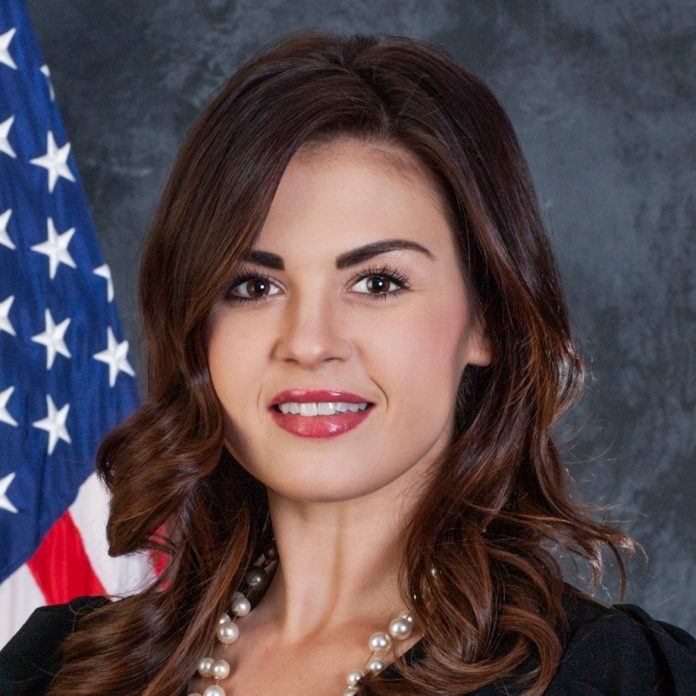Nurses across the commonwealth, who are gravely concerned about patient care and safety in Pennsylvania due to the nurse staffing crisis, have united in support of the Patient Safety Act, which would establish minimum safe staffing standards for registered nurses based on patient acuity in all PA hospitals.
The Patient Safety Act (House Bill 106) was recently introduced in the Pennsylvania House by state Reps. K.C. Tomlinson (R-Bucks), Tom Mehaffie (R-Dauphin) and Bridget Kosierowski (D-Lackawanna), a nurse herself.
The House bill has the most cosponsors — 113 — than it has ever had in its history. It was first introduced by Tomlinson and Mehaffie in 2021, with Tomlinson continuing the efforts of her predecessor, former state Rep. and current Bucks County Commissioner Gene DiGirolamo.
However, the bill remained trapped in the House Health Committee. Its chair, state Rep. Kathy Rapp, had yet to hear a “real grievance” about unsafe staffing in hospitals and thought it would be “very irresponsible” to move the legislation forward.
“The Patient Safety Act is an investment in our nurses, our patients and our hospitals,” said Tomlinson. “The need for it is apparent for all to see. And if we continue to do nothing, there is a zero percent chance we fix one of the most critical issues facing healthcare today.”
Now that the Patient Safety Act has been reintroduced, nurses across Pennsylvania are making their grievances heard. Major nursing unions and advocacy groups in Pennsylvania, representing more than 100,000 nurses from every county in the commonwealth, are united in support of this single piece of legislation, which they all agree would reduce nurse burnout and turnover, encourage more licensed nurses to return to the bedside, and make the single biggest difference in improving patient care and safety in Pennsylvania.
According to a 2017 study in the American Journal of Infection Control, Pennsylvania hospitals in which burnout was reduced by 30 percent had a total of 6,239 fewer infections, for an annual cost savings of up to $68 million.
“As a frontline nurse and hearing the countless experiences from other nurses across the commonwealth, it’s clear that patients’ lives depend on us passing the Patient Safety Act,” said Michelle Boyle, BSN, RN. “This staffing crisis started long before the COVID-19 pandemic, but the pandemic brought it to the breaking point. Nurses know what our patients need. And legislators need to listen to us and pass the Patient Safety Act.”
“Countless studies have shown that minimum nurse-to-patient ratios dramatically improve patient outcomes and save lives,” said Matthew Yarnell, president of SEI Healthcare PA. “Nurses have been telling us for years how to turn the staffing crisis around, and the Patient Safety Act is the solution they are calling for. Passing this legislation should be our elected leaders’ No. 1 priority.”
“The pandemic did tremendous harm, and not just to those who were infected or affected by the virus personally,” said Maureen May, RN, president of the Pennsylvania Association of Staff Nurses and Allied Professionals. “It also damaged healthcare more broadly by driving healthcare workers from the bedside and further imperiling patient care. This latest epidemic — the staffing crisis in nursing — is incredibly dangerous for both patients and nurses. Our elected leaders must act on behalf of their constituents and Pennsylvanians across the state. They must pass the Patient Safety Act.”
Research has long indicated that safe staffing in hospitals saves lives. Hospitals with better nursing environments and above-average staffing levels are associated with fewer patients losing their lives, and better overall care.
“This is a time for us to listen to nurses, have their backs and follow their lead,” said state Sen. Maria Collett (D-Montgomery), a nurse and the prime sponsor of the Patient Safety Act in the PA Senate. “Nurses are standing united for the Patient Safety Act, and legislators need to act before unsafe staffing costs more lives.”
The Patient Safety Act, explained the legislators, would more than offset the initial cost of hiring more nurses through cost savings from reductions in nurse turnover, unnecessary readmissions and excessive length of stay. The average cost to replace a single burned-out nurse is more than $82,000. On average, each PA hospital is estimated to lose $300,000 per year for each percentage point of nurse turnover at their facility. The net impact of this bill would actually be a reduction in overall costs to hospitals.
Chronic unsafe staffing is all the more dangerous because it tends to snowball, leading to high nurse turnover rates at hospitals and staffing that becomes more and more unsafe for patients. Even prior to the pandemic, short staffing was the single biggest driver of nurse burnout and turnover. But in a recent survey of both current and former hospital workers (63 percent of whom were nurses), 90 percent of respondents reported that their hospitals do not have sufficient staff to handle the workload.
Hundreds of nurses from across PA were set to gather in Harrisburg on Tuesday, May 2, and will again on Tuesday, June 6, to rally, speak out and meet with their elected leaders and urge them to fast-track the Patient Safety Act and pass it into law.
Samantha Bambino can be reached at [email protected]


